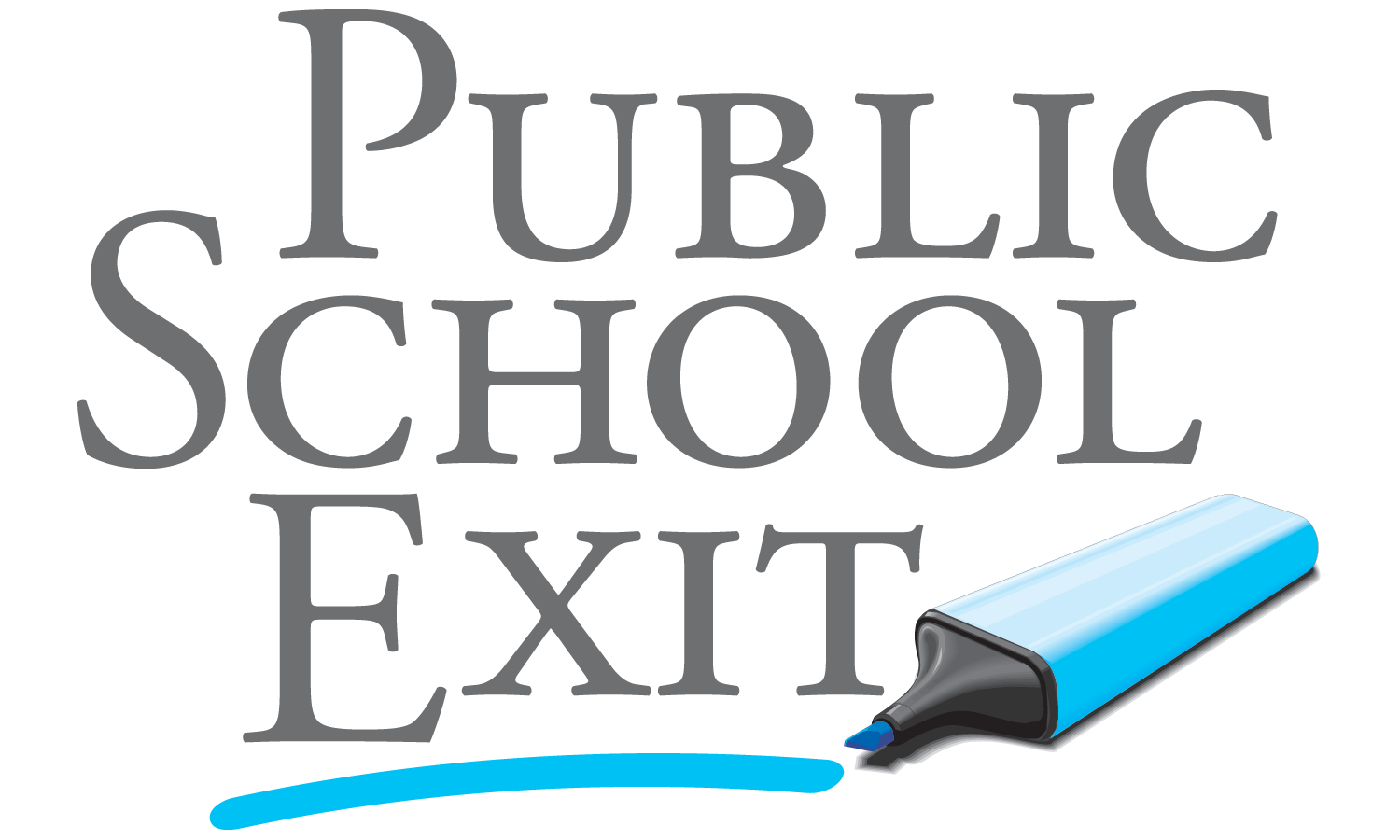Post K-12 Options
Public School Exit recommends that students investigate all their post-secondary options rather than just settle for higher education, which is the costliest option to pursue and could be unnecessary for a future job or career path.
Apprenticeship:
An apprenticeship usually combines on-the-job training with some accompanying study. The advantage is that individuals can obtain paid work experience while also completing classroom or online instruction and often pursuing a nationally-recognized credential or gain a license to practice in a regulated profession. The advantage for workers is that they can tailor their learning to their industry. Industries that use apprenticeships include: business and finance, healthcare, hospitality, information technology, manufacturing and transportation
ENTREPRENEURSHIP:
The term “entrepreneur” comes from the French word “entreprendre” which means to undertake or to initiate. In simple terms an entrepreneur is an initiator and job creator who takes risks to solve market problems in order to make a profit. Some people think entrepreneurs are simply people who start their own business. But the essence of an entrepreneur, or the characteristics that make one successful, include much more. Consider the expansive description offered by the business dictionary:
“An entrepreneur is someone who exercises initiative by organizing a venture to take advantage of an opportunity and, as the decision maker, decides what, how, and how much of a good or service will be produced. An entrepreneur supplies risk capital as a risk taker, and monitors and controls the business activities. The entrepreneur is usually a sole proprietor, a partner or the one who owns the majority of the shares in an incorporated venture. According to economist Joseph Alois Schumpeter (1883-1950), entrepreneurs are not necessarily motivated by profit but regard it as a standard for measuring achievement or success. Schumpeter discovered that they: 1) greatly value self-reliance, 2) strive for distinction through excellence, 3) are highly optimistic (otherwise nothing would be undertaken) and, 4) always favor challenges of medium risk (neither too easy, nor ruinous).”
There has been an ongoing debate whether individuals are born with the innate ability to be entrepreneurs or if the needed skills can be learned. We believe it can be both an inability and it can also be learned. In choosing a school consider one that has a good practical entrepreneurship program with a Christian worldview. Job security is no longer what it used to be, our children must be prepared to start their own businesses if necessary to ensure that they are carrying out God’s plan for their lives no matter the circumstances. .
Higher Education:
Caution: Parents need to carefully research college and university options to assess their values. Many schools that were once trusted have changed their direction towards policies and classes that are antithetical to our American values. In fact, many colleges pride themselves on teaching socialism and anti-American, anti-Family values. If you do not carefully select a college, your child may be bullied into rebelling against a lifetime of rearing.
Students should investigate their career path to find out how much higher education is required. They should also determine what are the requirements to get into the college of their choice, particularly if they desire to enter a four-year college. This should be done in the senior year or even earlier in order to enter into highly ranked universities.
Two-year colleges, also known as Community Colleges, provide a student with an associate degree (Arts or Science) and could be the best option for a 12th grader unsure of his or her career path. It is less expensive than going directly to a four-year college.
A four-year college is the post-secondary option to choose for a student seeking to enter a profession that requires graduate training. The bachelor’s degree (in Arts or Science) may take five years or longer (particularly in STEM), if the student is working or has a double major.
INDEPENDENT LEARNING, LIFELONG LEARNING, SELF-EDUCATED:
All adults should pursue independent learning, lifelong learning, or self-education as a lifestyle. An example of this type of learning from our nation's history would be Abraham Lincoln. A contemporary example would be Charlie Kirk, the founder and president of Turning Point USA, a national student movement empowering 250,000 young people to promote the principles of free markets and limited government on over 2,000 high school and college campuses nationwide.
Colleges that are free from Government Control
Colleges that are Committed to Foundational Truths
Recommended Reading Before Choosing a College
Mentoring or Coaching:
A mentorship is when a more experienced or knowledgeable person guides a less experienced or knowledgeable person. The age of the mentor is not important (they can be older or younger) but their expertise is important. Mentoring is more long-term than coaching which is short-term in nature and tends to be focused on a specific personal or professional goal. Coaching often relies on best practices.
Technical, Trade Schools, Vocational Training:
This type of training provides technical skills required to complete the tasks of a specific job or trains for a career path. Training takes from six weeks to under two years. Can be combined with an associate (two-year) or bachelor (four-year) college program. Examples: art, automotive technology, aviation, beauty, biomedical equipment technology, business, carpenter, computer, construction, cosmetologist, criminal justice, culinary, design, digital media, electrician, energy, fashion, healthcare, hospitality, information technology, industrial technology, law, medical assistant, nursing, paralegal, plumbing, tile setter, transportation, and welder.



